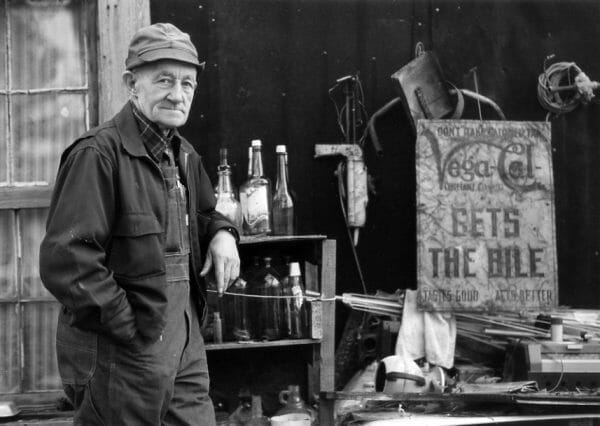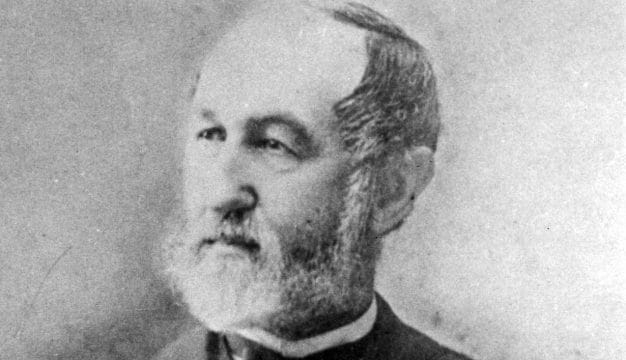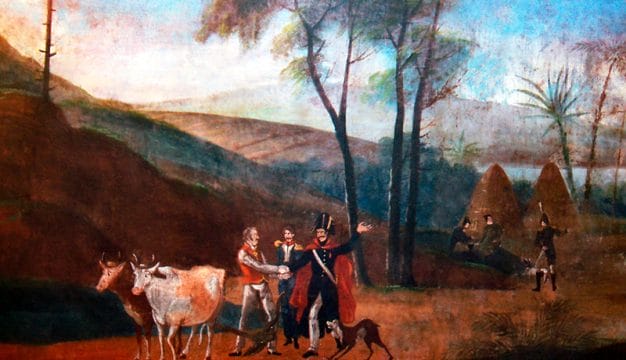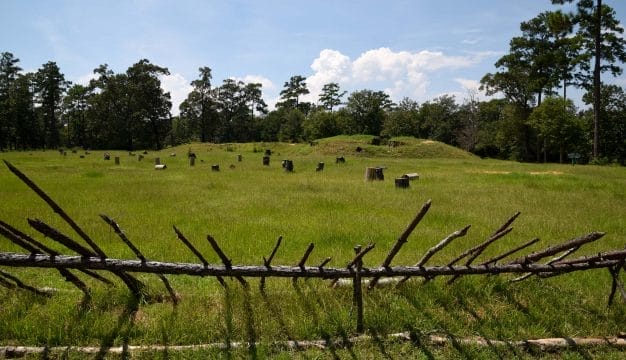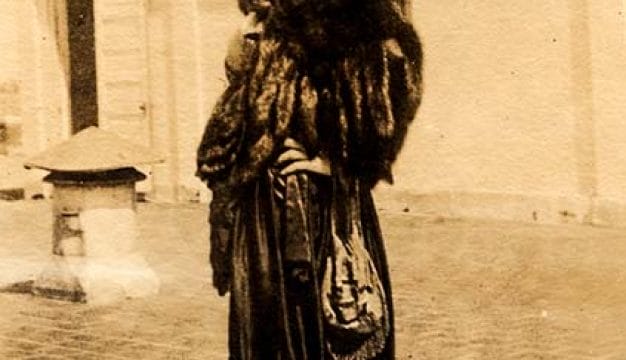Tommie Bass
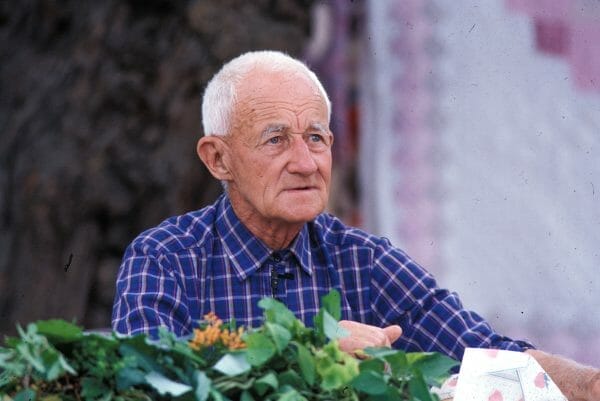 Bass, Tommie
Nationally recognized herbalist Tommie Bass (1908-1996) was the subject of scholarly and popular books, television features, a front-page essay in the Wall Street Journal, and numerous articles in newspapers and magazines. Bass lived almost his entire life in the Tennessee Valley and Ridge section of Alabama, primarily in Cherokee County. Armed with in-depth knowledge about practical subjects, an endless inventory of jokes and humor, and an encyclopedic knowledge of native plants and their medicinal uses, Bass devoted himself to “trying to give ease” to many people with varying afflictions and complaints who sought his advice and remedies.
Bass, Tommie
Nationally recognized herbalist Tommie Bass (1908-1996) was the subject of scholarly and popular books, television features, a front-page essay in the Wall Street Journal, and numerous articles in newspapers and magazines. Bass lived almost his entire life in the Tennessee Valley and Ridge section of Alabama, primarily in Cherokee County. Armed with in-depth knowledge about practical subjects, an endless inventory of jokes and humor, and an encyclopedic knowledge of native plants and their medicinal uses, Bass devoted himself to “trying to give ease” to many people with varying afflictions and complaints who sought his advice and remedies.
The youngest of six children, Arthur Lee “Tommie” Bass was born on January 24, 1908, to Kate and John Bass, near Scottsboro in Jackson County, where his parents had moved from Greene County, Tennessee, around the turn of the century. John Bass was a fur trapper, trader, woodsman, and subsistence farmer. Kate was a resourceful woman known for making an herb salve remedy from a family recipe that, according to oral tradition, had English origins.
During his childhood, Bass’s family moved several times to locations along Lookout Mountain before settling in 1917 in Cherokee County. Their new home was a major cotton farming area near the Coosa River, but the Bass family continued its self-sufficient practices, raising some cotton and corn, but engaging primarily in truck farming, berry and herb gathering, fur trading, fishing, and producing railroad crossties. Tommie Bass attended school only one day in his entire life, but he was constantly absorbing the plant and animal lore of the Southern Appalachians, as well as a variety of jokes, tales, and songs. His mother taught him to write, and he learned to read from local newspapers, the Bible, and popular magazines. At age 16, he was baptized in a local creek as a Free Will Baptist. Bass served a six-month tour in the army in 1942, but otherwise he spent his entire adult life near the small town of Leesburg, where he worked at various jobs. Bass gained a widening reputation after a Gadsden newspaper ran several stories on him that highlighted his knowledge of medicinal plants and the salves and tonics he made.
Throughout the 1960s and 1970s, Bass received visitors seeking cures and knowledge from throughout the South, and eventually from across the United States, at the small, wood-frame shack that served as his herb warehouse and consultation office. He conducted countless walking tours through the woods of Shinbone Ridge and Little River Canyon, teaching everyone from school children to medical school students and professors how to identify the plants and good-humouredly passing along his knowledge of botanical remedies. Late in his life, Bass made several out-of-state trips to folk festivals in neighboring states and lectured about Appalachian medicinal plants at the University of North Carolina and Duke University. He has been the subject of a two-volume scholarly study of his herbal knowledge and a documentary film. Tommie Bass died in Rome, Georgia, on August 31, 1996, and is buried in Cherokee Memory Gardens in Centre, Alabama.
Further Reading
- Crellin, John K., Jane Philpott, and A. L. Tommie Bass. Trying to Give Ease: Tommie Bass and the Story of Herbal Medicine. 1990. Reprint, Durham: Duke University Press, 1997.
- Tullos, Allen. “Tommie Bass: A Life in the Ridge and Valley Country.” Master’s thesis, University of North Carolina at Chapel Hill, 1976.
- ———. “The Dead Be Buried Here: Irish Humor of Tommie Bass.” Southern Folklore Quarterly 41 (1977): 81-95.
- Williams, Linda. “Doctors May Frown, But Hill People Say Herbalist ‘Gives Ease’: Tommie Bass, 77, Even Lures Folklorists and Academics To a Leesburg, Ala., Shack.” Wall Street Journal, July 8, 1985, p. 1.
